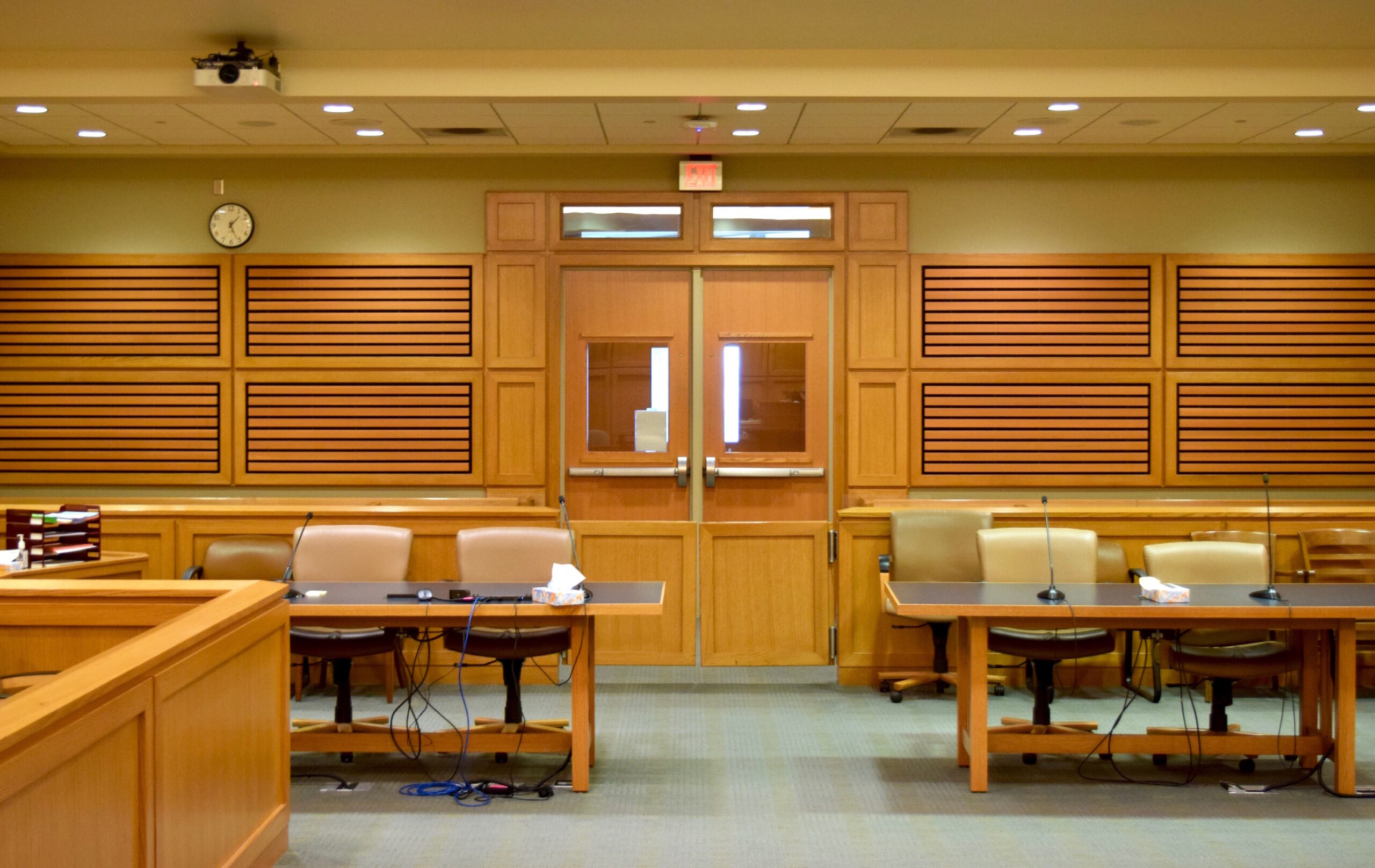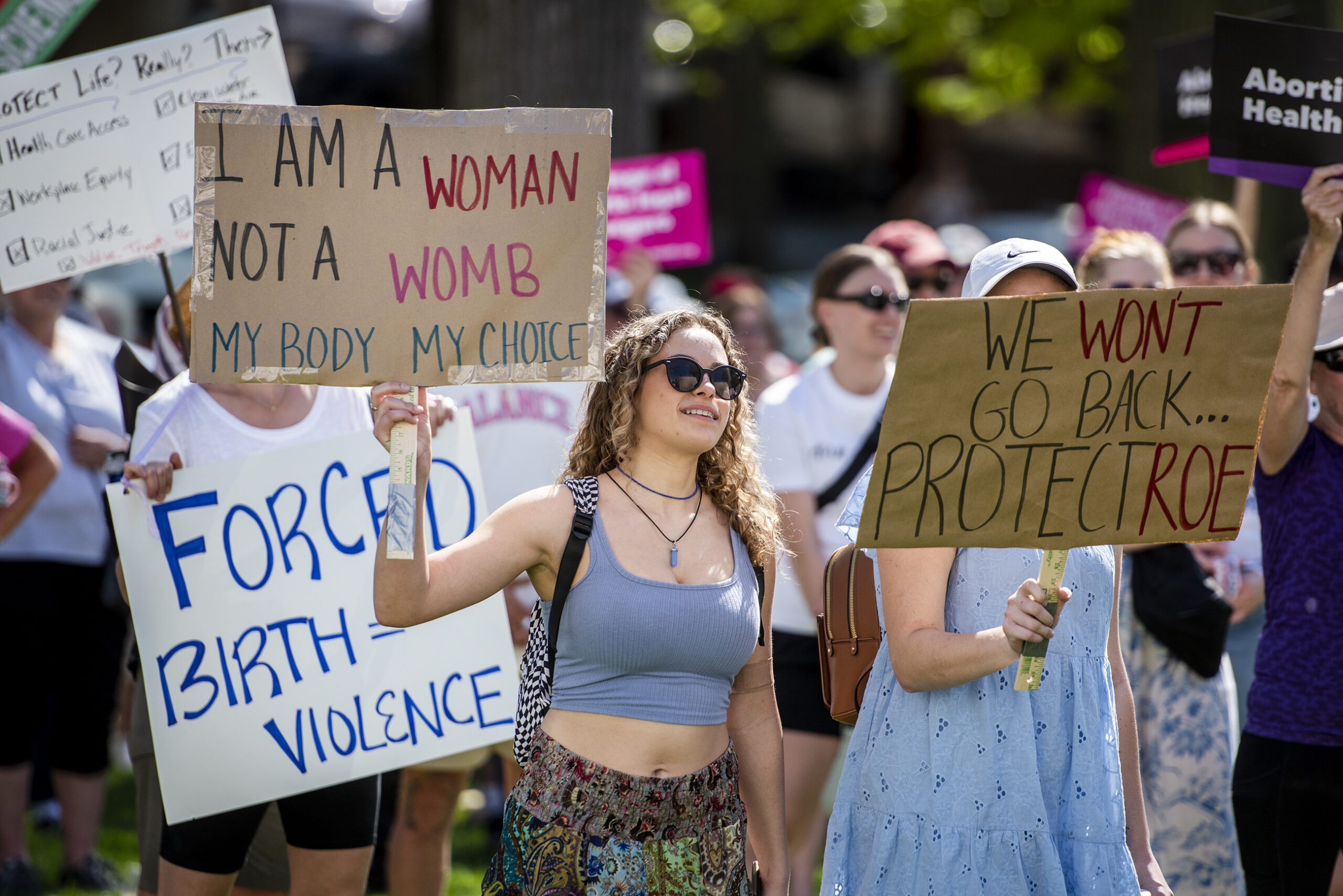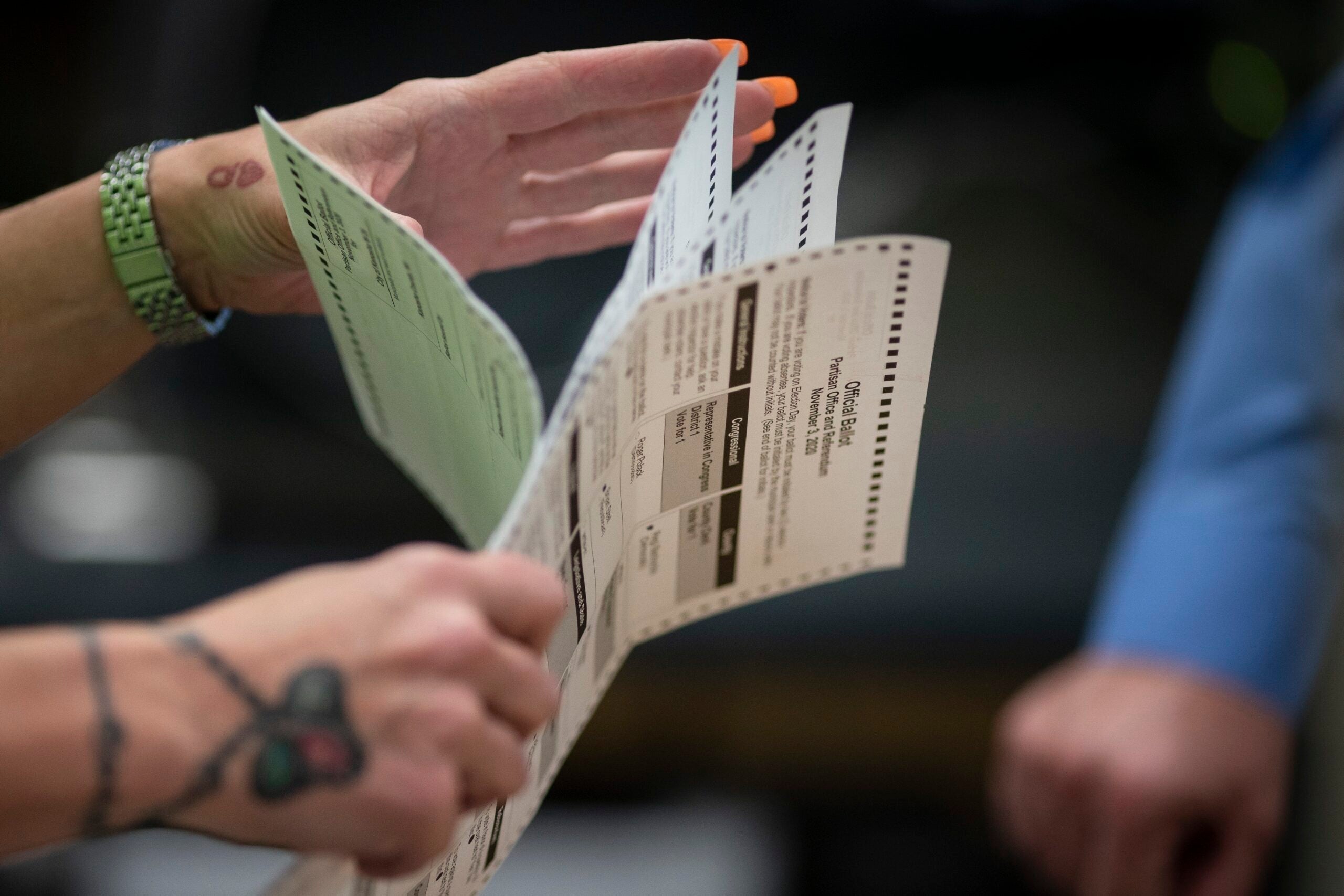A Brown County judge has denied a request for class action status in a lawsuit over low-income Wisconsinites who’ve faced long waits for legal representation.
The Wisconsin Association of Criminal Defense Lawyers, or WACDL, sued on behalf of eight people, who had faced wait times for public defenders ranging from over a month to nearly a year by the time the suit was filed in August 2022.
The suit alleges that most of those people were forced to “languish” in local jails while they waited for legal representation, which hurt their careers and families, and violated their rights under the U.S. and Wisconsin constitutions.
Stay informed on the latest news
Sign up for WPR’s email newsletter.
The plaintiffs argued any current or future Wisconsinite who waits more than two weeks for a public defender from the time of their first court appearance should be allowed to join the suit. Circuit Court Judge Thomas Walsh, however, denied that request for class action status in his recent ruling.
“We appreciate the court’s recognition (of) the significant harms that arise when counsel is not promptly assigned,” said Lisa Wayne, who leads the National Association of Criminal Defense Lawyers, which joined the WACDL in helping to bring the suit. “We are certainly disappointed that the court has not certified the class this time, but look forward to continuing to litigate the case.”
Walsh also quashed a motion from the state which sought to have the suit thrown out, though he agreed to dismiss Gov. Tony Evers as a defendant.
Wisconsin’s state public defender and its public defender board are still named as defendants in the ongoing lawsuit.
Attorneys for the state tried to argue the plaintiff’s claims are irrelevant since they now have attorneys to represent them, but, in declining to dismiss the case, Walsh wrote the issue was of “great public importance.”
“A broad reading of the Plaintiffs’ amended complaint shows they seek a declaration that the delays they experienced in receiving appointed counsel are unreasonable and violate their right to counsel,” Walsh wrote. “The right to counsel is a fundamental constitutional right.”
Although the lawsuit points to a shortage of public defenders across Wisconsin, the suit says the problem has been particularly “acute” in Brown County, where two of the plaintiffs have been held in jail.
In 2021, Brown County’s Board of Supervisors passed a resolution calling on the governor and legislators take action over criminal case backlogs. At the time, there were approximately 350 defendants in Brown County in need of representation from the state public defender’s office, including 17 people who “have been in custody and sought representation for over 100 days,” according to the resolution.
Advocates have long attributed Wisconsin’s difficulty with recruiting and retaining public defenders to burnout from heavy caseloads, as well to low wages compared to attorneys in the private sector.
Raises for public defenders are part of the state’s latest biennial budget, which took effect July 1. That included bringing starting wages for assistant public defenders up to $36 an hour. It also included pay increases for private attorneys who agree to represent low-income defendants when a state public defender is not available or has a conflict of interest.
Adam Plotkin, a lobbyist for the Office of the State Public Defender, declined to comment on the ongoing litigation, but said the office is already seeing “some impact” from the new budget.
“The additional funding will not solve all issues overnight, especially in rural parts of Wisconsin, but the early indications are that it’s having a positive impact,” Plotkin wrote in an email.
There are 27 vacant attorney positions in the statewide office, representing a vacancy rate of close to 8 percent, Plotkin said Monday. That compares to a vacancy rate of about 13 percent in early February.
Although Wayne called the recent pay increases “long overdue,” she said they are “not a panacea for the systemic problems that have brought Wisconsin and many other states to this constitutional crisis.”
She added, “Our nation’s over-reliance on the criminal legal system to address social needs, combined with our underfunding, overburdening and undervaluing the public defense function, have brought our system to the brink of failure.”
In 2019, a federal judge dismissed a similar lawsuit in U.S. District Court for the Western District of Wisconsin over long wait times for public defenders. Among other arguments, the Evers administration contended the suit should be dismissed because it was up to the Legislature rather than federal courts to reform Wisconsin’s public defense system.
Wisconsin Public Radio, © Copyright 2025, Board of Regents of the University of Wisconsin System and Wisconsin Educational Communications Board.





